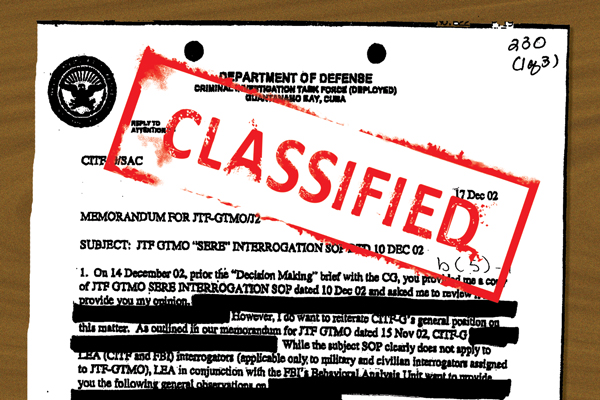Earlier release of documents makes government more transparent
Although they are no longer in power, Canadians aren’t able to read about past governments’ cabinet meetings for 30 years, because that’s the deadline for declassification of cabinet documents before the information is publicly disclosed. With the election of a new government committed to transparency, now is the perfect time for Canada to examine the process by which these documents become available.
Having cabinet documents disclosed is a matter of transparency and freedom of information. The public has a right to have access in order to keep its government accountable, and understand the results of discussions that concern them but happen behind closed doors.
Releasing these important discussions earlier would provide a clearer idea to the public about how the government is operating.
In a 2010 international study conducted by The University College London comparing Australia, Canada, Ireland, New Zealand and the United Kingdom, Canada was ranked last in public access to government information.
Documents that are declassified can be requested by filling out a request form. Any Canadian citizen can send this request, with a $5 fee, to have access to a document. This request can take months to process, and sometimes requests are denied because of national security concerns or to protect personal information.
Records physically present at the Library and Archives of Canada can be viewed on location, but that isn’t an option for Canadians who don’t live in or around Ottawa.
Making government documents available to the public sooner would be a good start to having a more transparent government.
However, in certain cases, the 30-year period can help the Canadian government be more functional.
Politicians can speak freely and honestly without fearing the wrath of public opinion. Consider, for example, the New Democratic Party’s nosedive in the recent federal election, which is credited to their honourable yet unpopular stance on the niqab issue.
Knowing that their conversations will be made public, could affect which legislation is or isn’t put forward by politicians.
Is retaining those documents for 30 years so bad then? Some documents remain critical even after decades and releasing them too early could create scandals, political incidents or deteriorate international relations. Think about discussions surrounding trade deals, which could seriously affect how the Canadian government is viewed in other countries.
Of course, some other documents should be released much sooner, but because of the former type, there is no general solution.
An appropriate measure could be the creation of a committee to decide a specific timeline for public disclosure, depending on the document itself.
Releasing documents around the creation of new standards for businesses early is unlikely to cause a problem, however releasing information about Canada’s military or espionage sectors too soon could put lives in danger. A case-by-case decision process would allow for the nature of each document to affect its timeline.
Before changing the timeline of public disclosure, we have to take into consideration the cost of any measure. After all, reviewing, transferring and disclosing any document comes with an inherent administrative cost.
However, if done efficiently, allocating public funds into making the government more transparent is a productive use of money because citizens are more informed about what their government is doing.





